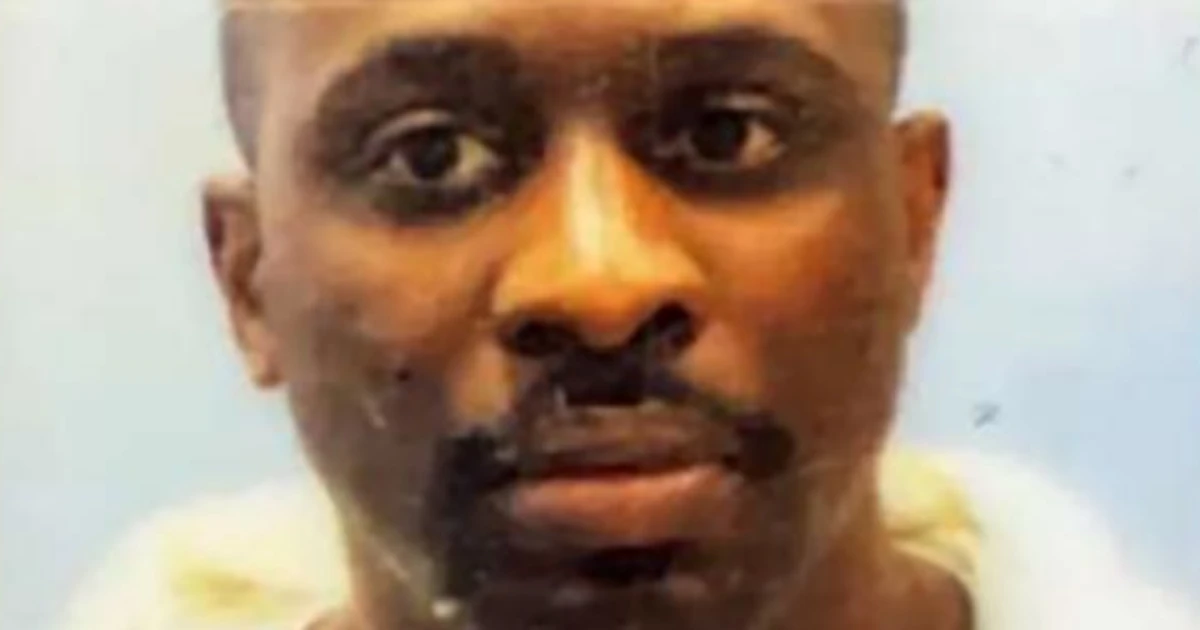
Supreme Court to hear appeal from Rastafarian whose dreadlocks were cut in prison
How did your country report this? Share your view in the comments.
Diverging Reports Breakdown
Supreme Court to hear appeal from Rastafarian whose dreadlocks were cut in prison
Damon Landor, a Rastafarian, says he was forced to have his dreadlocks shaved off in a Louisiana prison. He brought a lawsuit against the Louisiana Department of Corrections, the prison, and the department’s secretary. The Supreme Court on Monday agreed to answer that question next term, with a decision expected by this time next year. The case has received support from the Trump administration, which urged the justices to take the appeal.. The federal government recalled that the justices previously approved seeking damages against individual officials under another law, the Religious Freedom Restoration Act (RLUIPA).. The justices are issuing the term’S final decisions in the coming days, with the decision expected to come in October or November of next year, depending on the timing.
When Damon Landor was incarcerated in Louisiana in 2020, he carried his rights with him. That is, he toted a copy of a federal appeals court case upholding an inmate’s right to keep dreadlocks.
But Landor said a guard threw his papers in the trash and summoned the warden, Marcus Myers, who asked Landor to provide proof from his sentencing judge corroborating his religious briefs. When he couldn’t immediately do so, he said two guards brought him to another room, chained him to a chair, and shaved his head.
Rastafarian Damon Landor before and after having his dreadlocks shaved off at Raymond Laborde Correction Center in Louisiana. Supreme Court of the United States
Landor brought a lawsuit against the Louisiana Department of Corrections, the prison, Myers and the department’s secretary, James LeBlanc, in their individual and official capacities. His suit cited that federal law from the trashed opinion, the Religious Land Use and Institutionalized Persons Act (RLUIPA).
But Myers and LeBlanc said Landor’s RLUIPA claims were barred by precedent in the U.S. Court of Appeals for the 5th Circuit, which covers Louisiana. It was the 5th Circuit that had issued the trashed 2017 ruling.
A 5th Circuit panel sided with the government defendants in 2023. The judges wrote that they were bound by their precedent even while they “emphatically condemn the treatment that Landor endured.” When a divided full slate of circuit judges declined in 2024 to revisit the matter, a group of them wrote that “only the Supreme Court can answer” whether Landor can seek damages against individual officials.
The Supreme Court on Monday agreed to answer that question next term, which starts in October, with a decision expected by this time next year. Arguments for this term have concluded, and the justices are issuing the term’s final decisions in the coming days.
Another noteworthy aspect of this case is that Landor has received support from the Trump administration, which urged the justices to take the appeal. In a brief supporting high court review, the federal government recalled that the justices previously approved seeking damages against individual officials under another law, the Religious Freedom Restoration Act.
“No sound basis exists to reach a different conclusion with respect to RLUIPA,” the federal government wrote in an amicus brief supporting Landor’s petition.
Unsuccessfully opposing review, Louisiana officials acknowledged that the facts laid out by Landor “are antithetical to religious freedom and fair treatment of state prisoners.” They even said they changed their prison grooming policy “to ensure that nothing like Petitioner’s alleged experience can occur.” But they insisted that the legal question is a separate matter that doesn’t warrant the justices’ attention.
In a final reply brief before the justices granted review, Landor’s lawyers wrote that the state’s claimed policy shift “underscores the need for review because it shows the powerful deterrent effect of putting damages on the table.”
We’ll learn next term whether the court, which has been broadly favorable to religious claims, will make that deterrent effect a long-term reality, not only for Landor but for everyone.
Subscribe to the Deadline: Legal Newsletter for expert analysis on the top legal stories of the week, including updates from the Supreme Court and developments in the Trump administration’s legal cases.
